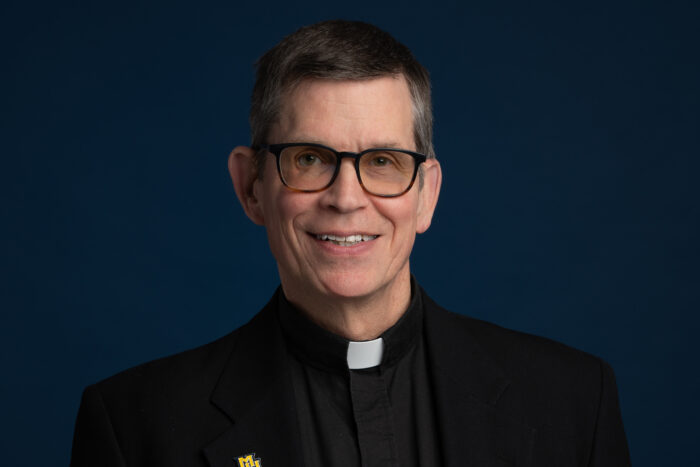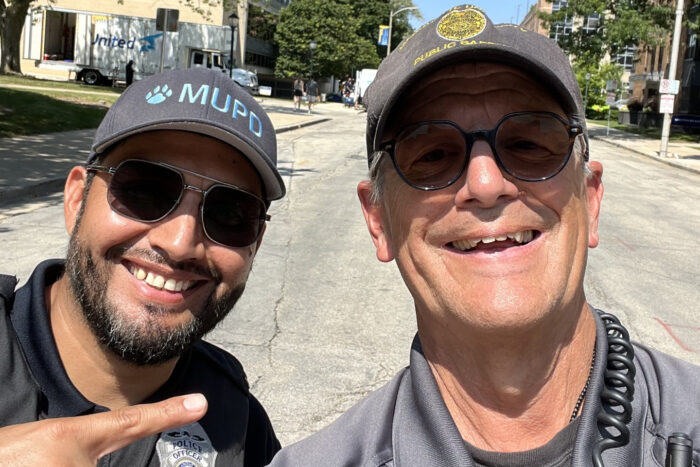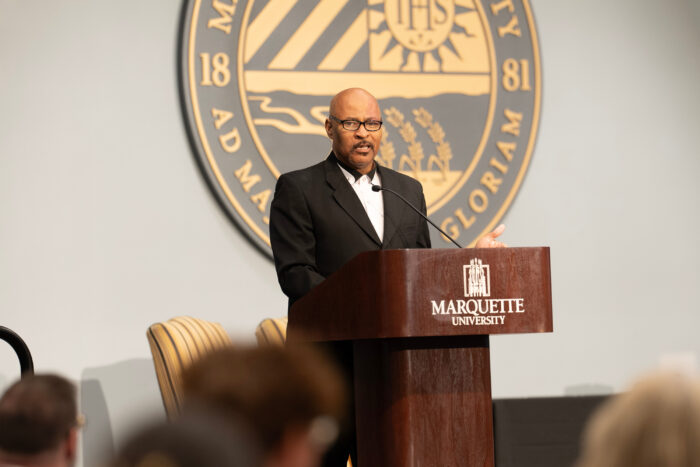
Mental health is important to Alma-Aliyah Tolson.
Alma-Aliyah, a sophomore studying psychology in the Klingler College of Arts and Sciences at Marquette University, says her own experiences with mental illness and how it has affected her family are what drive her to pursue a career as a mental health counselor.
“Counseling and therapy are things my family is very open about. In society, though, there is a social stigma behind therapy and getting help, and that’s something I want to help change,” the Racine, Wisconsin, native says.
Alma-Aliyah, who is part of the Marquette student chapter of the NAACP and Marquette’s Black Student Council, is the recipient of the Wisconsin Grant as well as the Talent Incentive Program Grant.
“Being able to receive these grants allows me to focus on my studies rather than my finances, and I am so grateful,” Alma-Aliyah says. “Another large contributor to my university experience is the Educational Opportunity Program (EOP) at Marquette. It has been such a consistent support system, outside of the financial aspect of it.”
EOP is a federally funded TRiO academic program at Marquette that enables low-income and first-generation students whose parents do not have a baccalaureate degree to enter and succeed in higher education. In 1969, Marquette founded the first EOP program in the nation, which has earned a reputation as one of the most distinguished and admired federal TRiO programs in the country.
Alma-Aliyah says she has been most influenced by her Social Welfare and Justice course at Marquette, which focused on understanding how the lack of resources in urban areas affects the communities and how to start meaningful discussions about areas for improvement.
Studying underserved communities runs parallel to Alma-Aliyah’s goal of becoming a mental health advocate. She strives to raise awareness of the importance of understanding mental illness and to teach and empower others to prioritize mental health.
“There is a lack of representation when it comes to Black women in the field of psychology. And within the Black community, there is such a strong stigma that comes with both acknowledging your status mentally and seeking treatments,” Alma-Aliyah adds. “I believe that by increasing the number of Black counselors and therapists, the more people of color will begin to prioritize or even acknowledge their mental health.”


